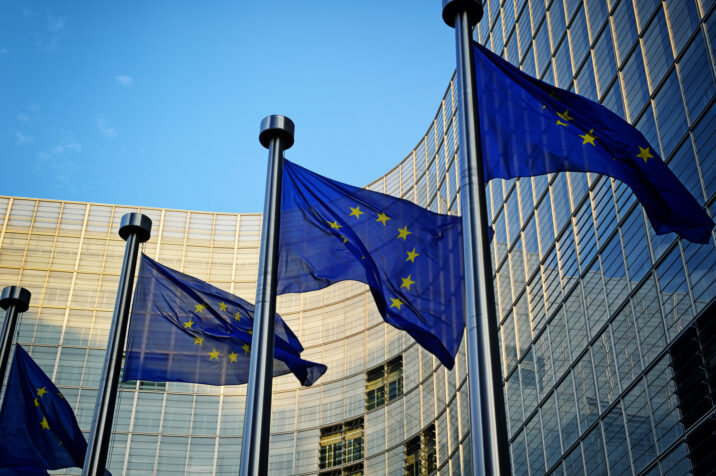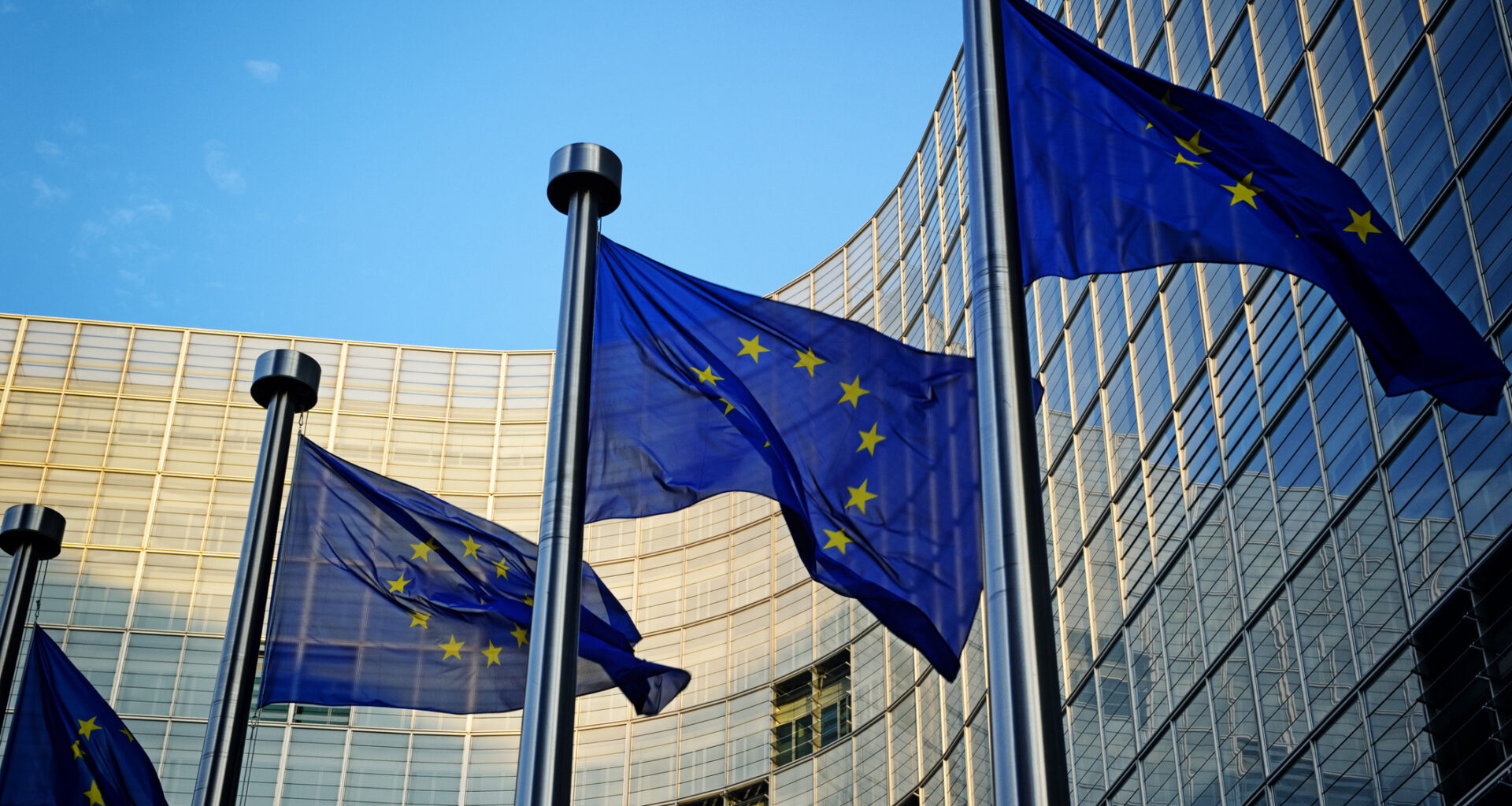
The Council of the EU has agreed a negotiating mandate on the EU’s watered down corporate sustainability reporting and due diligence rules, as part of the sustainability Omnibus.
Member states met on Monday evening and reached an agreement, just before the conclusion of the Polish presidency.
The Council has backed the European Commission’s main amendment to the Corporate Sustainability Reporting Directive (CSRD) to increase the employee threshold to 1,000 employees and remove listed SMEs from the scope of the directive.
In its mandate, the Council has added a net turnover threshold of more than €450 million to “further alleviate” the reporting burden, it said.
It has also introduced a review clause concerning a possible extension of the scope to ensure “adequate availability” of corporate sustainability information.
For the Corporate Sustainability Due Diligence Directive (CSDDD), the Council has agreed to propose increasing the threshold to 5,000 employees and €1.5 billion net turnover.
It said that, in its view, such companies can have the biggest influence on their value chain and are best equipped to absorb the costs and burdens of due diligence processes.
The Council has also proposed postponing the transposition deadline by one year, to July 2028.
For transition plans, these should be aligned with CSRD requirements and a clarification should be made for implementing actions to be outlined, as opposed to including an obligation to put these plans into effect.
The Council has also proposed postponing the requirement to adopt transition plans by two years.
Further adjustments include shifting from an entity-based approach to a risk-based approach, focusing on areas where “actual and potential” adverse impacts are most likely to occur.
Companies should no longer be required to conduct a comprehensive mapping exercise, but instead, a general scoping exercise, the Council said, adding that the limitation of the relevant obligations to tier 1 firms should be maintained.
The Council has also said the identification and assessment requirements should be extended in case of objective and verifiable information suggesting adverse impacts beyond direct business partners, and has proposed adding a review clause related to a possible extension of these obligations beyond tier 1.
Finally, the Council has backed the Commission’s proposal to remove the EU harmonised liability regime, which an EU source told Responsible Investor was the only pending or controversial issue as of last week.
The Council presidency will now be handed to Denmark, which will enter into negotiations with the European Parliament once the latter reaches its own negotiating position. This will most likely not be before October.
The Parliament’s lead Omnibus negotiator, Swedish MEP Jörgen Warborn of the centre-right European People’s Party (EPP) – the largest political group in the Parliament – will today present his draft report at a legal affairs committee meeting, where the other political parties will also share their views.
Key proposals from the rapporteur’s report include watering down the scope of both regulations to companies with 3,000 employees and €450 million in turnover, and removing transition plan asks.
The deadline for MEPs to file amendments to his proposals is Friday (27 June).
Green Claims Directive
The Commission has defended its decision to withdraw a greenwashing law introduced in 2022 to ensure consumers receive “adequate information” on products’ durability and reparability.
The move followed calls from EPP for the EU executive to withdraw the proposal.
The Council has since cancelled its trilogue discussions with the Parliament, which were due to take place Monday (23 June).
Some MEPs have expressed concern over this move from the Commission, saying that it could set a “dangerous precedent” for the legislative process and institutional procedures, leading to “unnecessary and avoidable confrontation” among co-legislators.
A spokesperson for the Commission said it had “engaged constructively” in trilogues over the past months to find a “balanced compromise” between the co-legislators.
However, despite having the objective of finding an agreement to reduce administrative burden and complexity for companies, the current proposals “go against” the Commission’s simplification agenda, they said.
Concerns had been raised in particular over how small and micro enterprises should be treated under the law.
The Commission said it “remains fully committed” to fighting greenwashing and will continue to work on this in the context of the implementation of the Empowering the Consumers for the green transition framework.
CSRD supervision
The European Securities and Markets Authority (ESMA) has said its guidelines for enforcement of sustainability information should be applied in a “proportionate and realistic” way for the first phase of reporting under the CSRD, and also take into account the uncertainty related to the “evolving regulatory context”.
In a statement, the regulator said that the first years of ESRS application will be a “learning curve” for all parties, requiring an adjustment period to reach a common understanding of the new requirements.
The EU watchdog also said it has observed “uncertainty” caused by the simultaneous occurrence of the first application of the first European Sustainability Reporting Standards (ESRS), uneven transposition of the CSRD and the Omnibus legislative proposals.
These factors have all resulted in questions around national competent authorities’ (NCAs) approach to supervision of sustainability reporting, it said.
ESMA’s guidelines for enforcement of sustainability information, applicable since the start of this year, provide a “common principles-based framework” to conduct supervision of CSRD, it said.
The regulator noted that, where necessary, EU regulators will use enforcement actions, but added that they can play a supportive role by highlighting areas where reporting can be improved through dialogue and other informal measures.
It said that some regulators will not be able to fully comply with the guidance this year to due national legal impediments, resource limitations or other constraints.
While NCAs operating in member states where CSRD is not yet transposed cannot formally declare compliance with the rules, they will apply comparable procedures in line with ESMA’s guidance, the watchdog said.
Regulators will also aim for a “harmonised supervisory approach” under ESMA’s co-ordination, it said.
